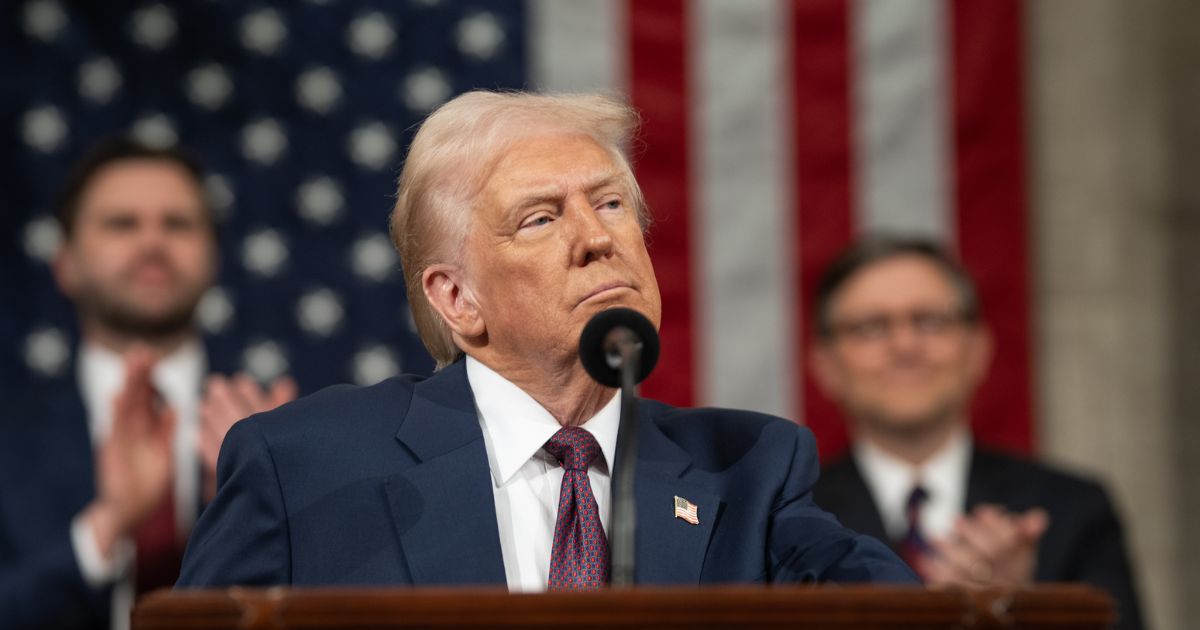The Trump administration is putting nine elite universities on notice, warning that their federal funding could be slashed unless they agree to a sweeping set of political demands.
According to letters sent out on Wednesday via AP, schools like MIT, Brown, Dartmouth, and the University of Pennsylvania received a 10-page “compact” from the White House outlining a list of conditions they must meet if they want to keep their federal support. The document calls for five years of frozen tuition, limits on international enrollment, adopting the administration’s definitions of gender, and banning any campus policies that “punish” or “belittle” conservative views.
In return, the administration promises “multiple positive benefits,” including favorable treatment in funding competitions and priority in federal grants. One senior official told reporters that the goal is to bring universities nationwide in line with the president’s agenda, not just pressure schools one by one.
“We hope all universities ultimately are able to have a conversation with us,” said May Mailman, a senior adviser at the White House and one of the officials who signed the letter. Education Secretary Linda McMahon also signed, signaling just how central the Education Department has become to Trump’s efforts to reshape higher education.
This is the latest in a series of moves targeting universities. Trump has already threatened schools’ tax-exempt status, restricted their ability to host international students, and frozen funding to some institutions over diversity, gender inclusion, and political activism on campus.
The nine universities targeted this week are some of the country’s most prestigious and well-funded, but also some of the most outspoken in resisting federal interference. For private universities like Brown and Penn, signing the compact could provoke fierce backlash from faculty and students, and even lawsuits, but refusing could put millions of dollars in federal grants at risk.
Harvard University has been the most defiant so far, challenging previous Trump administration actions in court. In April, Harvard President Alan Garber issued a blistering statement: “No government, regardless of which party is in power, should dictate what private universities can teach, whom they can admit and hire, and which areas of study and inquiry they can pursue.”
Trump, however, sounded confident earlier this week. He claimed a deal with Harvard was “close to being finalized,” and said agreements had already been reached with several other institutions earlier this year.
The White House insists the compact is voluntary. But critics argue it’s a thinly veiled ultimatum that forces universities to align with the administration’s political priorities or risk losing critical resources. The letter frames compliance as an opportunity to gain a “competitive advantage” in future funding, but many see that as code for rewarding loyalty and punishing dissent.
University leaders now face a difficult choice. Some, particularly public institutions that rely heavily on federal funding, may be tempted to negotiate. Others are likely to dig in and fight, setting the stage for a major legal and political showdown over academic independence.
The message from the White House is clear: comply with Trump’s cultural and political agenda, or pay the price.









